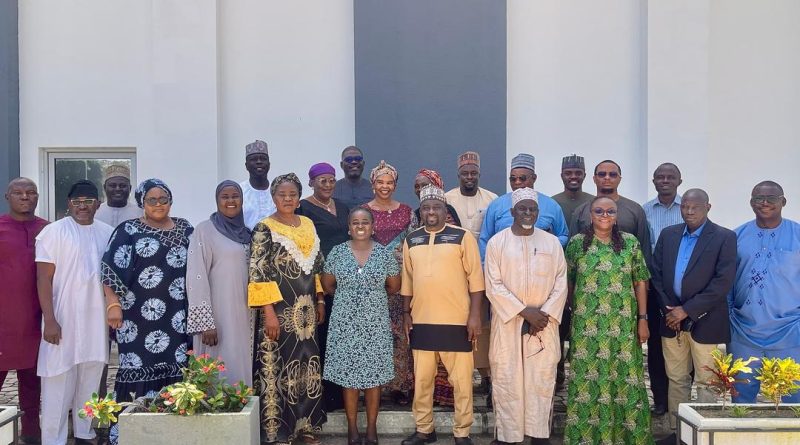Why flood-prone communities often reject advice to relocate – Experts
Humanitarian and development experts as well as scholars have called attention to some of the social implications of flooding, especially, the handling of flood-prone communities, with a view to providing effective safety nets for residents.
The scholars who were the resource persons at a town hall meeting in Yola, mostly attended by technocrats from ministries, departments and agencies of the Adamawa State Government, dissected a Knowledge Management and Learning, KML, tool, and developed for such challenges and how its application can facilitate social protection for communities.
They mentioned attachment to ancestral lands as a major reason why low plain residents insist on remaining at their birth places, preferring even death in many cases, to leaving what they have come to see as their original comfort zones.
The resource persons and some of the technocrats who cited real life situations to back their assertions, emphasized that such residents stay put, irrespective of whatever motivation that government offers, because the residents see such motivations as a ploy to lure them away from their inheritance.
The experts defined knowledge management and learning as the strategic process an organization uses to record and share information it gained from experience, including approaches to problems that worked and those that did not work and would not likely work.
They said such documentation of successful and unsuccessful approaches to problems, would, if utilized in future, aid the tackling of similar problems by contemporary managers.
These solutions were reached after a Knowledge Management, Stakeholder Engagement and Social Protection Landscape Mapping conducted in Yola, aimed at Supporting Sustainable Social Protection, Participation and Economic Resilience in Northeast Nigeria (SEPIN-SUSI) Programme, commissioned by the German Federal Ministry of Economic Cooperation and Development and co-funded by the European Union (EU).
Presented their papers, Drs Obinna Anah, Thankgod Okosun, Iorwakwagh Apera and Obinna Anah lamented that Nigerians generally are used to not sharing knowledge, saying, “In different sectors, we can make remarkable progress as a people if we will only cultivate the practice of passing down the knowledge we have so that those coming after us won’t have to be always reinventing the wheel.”
Also speaking, the Head of Programme, SEPIN SUSI, Ana Vinambres who was represented by Ezekiel Msugh, said SEPIN-SUSI is making all efforts to ensure that Social Protection in Adamawa State shifts from ad-hoc interventions to a structured, policy-driven approach that seeks to integrate humanitarian and development efforts for more enduring effects.
